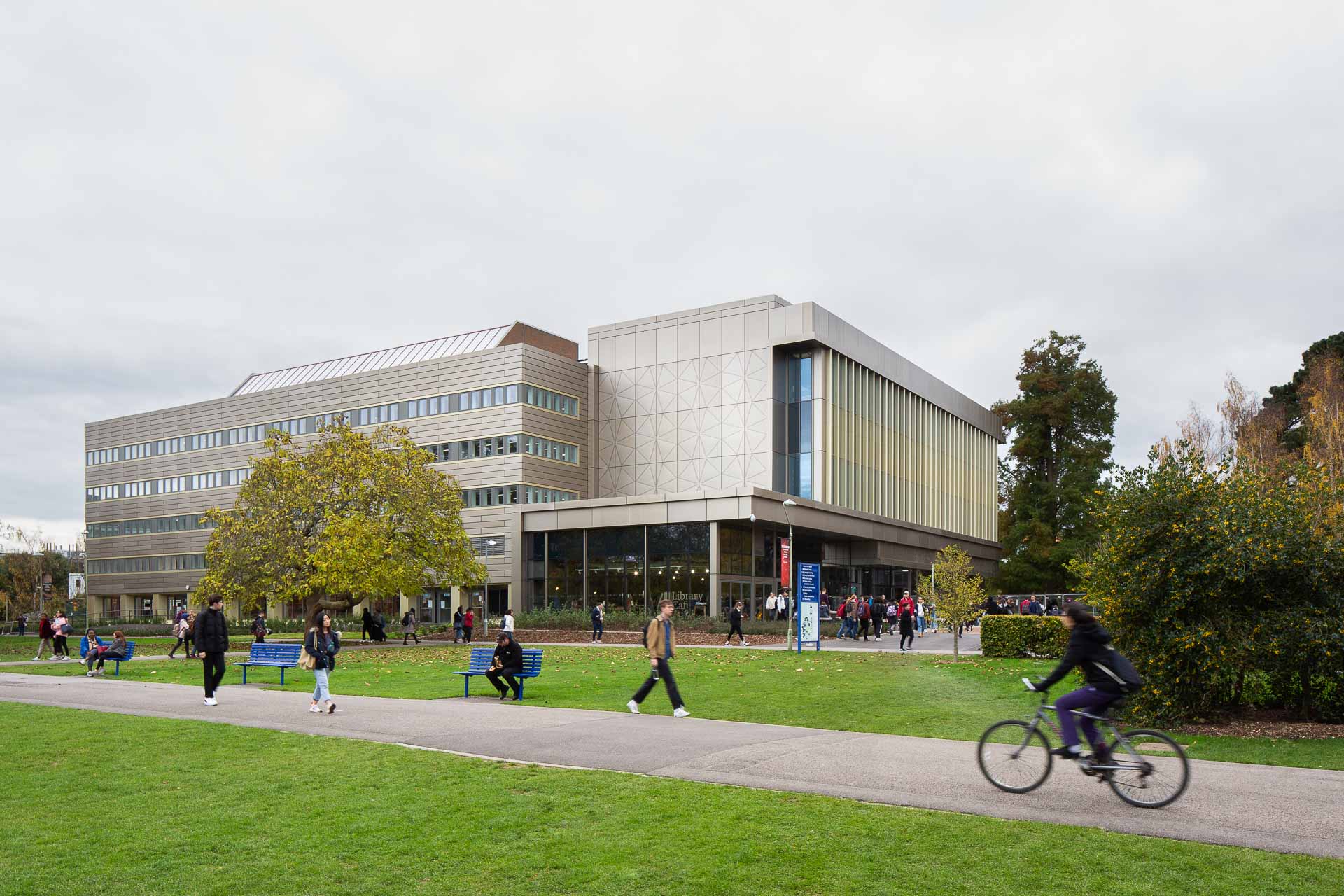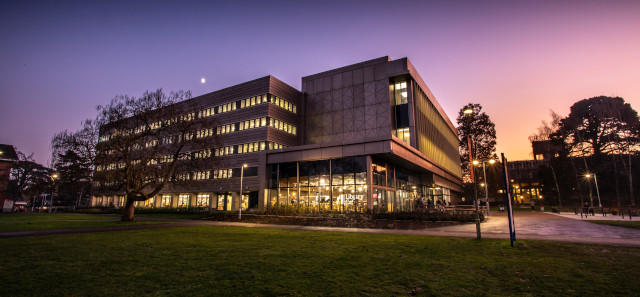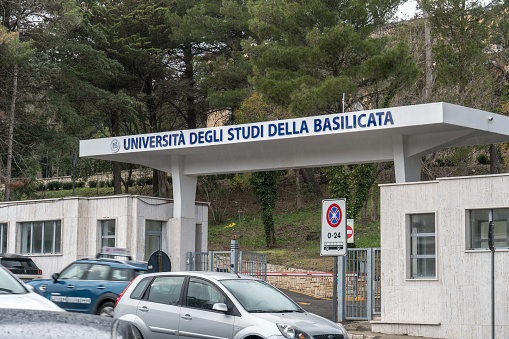
Forensic Chemistry Concentration
Loyola University, United States
Overview
So you’ve figured it out. Deduced it. You’ve found your inner Sherlock, your inner Abby, and you’re compelled to discover the truth…with science. As a chemist, you can answer questions like: is this water safe to drink? Will these things blow up if I mix them together? With an additional concentration in forensic chemistry, you can answer questions like: Was this person poisoned? Was this fire started intentionally? And most importantly—can we reconstruct the elements of the crime? At Loyola New Orleans, we’ll give you both the specialized chemical knowledge and hands-on lab experience you need for your career.
Courses
Our program structure includes thorough, specialized coursework in forensic laboratory analysis with supporting classes in chemistry, physics, biology and statistics so you’re prepared for anything. Here’s a sample of what you can expect to learn and do:
- General Chemistry Lecture + Lab
- This course covers the fundamental principles of general chemistry, including the development of modern atomic theory and its role in chemical bonding, structure and reactivity, an introduction to thermodynamics and kinetics, and development of equilibria concepts.
- Organic Chemistry Lecture + Lab
- Students build a strong foundation in organic chemistry and combine knowledge with practical skills by synthesizing, purifying, and identifying organic compounds. Techniques include: acid/ base extraction, recrystallization, distillation, organic reactions, IR spectroscopy, refractive index, melting point and NMR.
- Forensic Methods
- This course is an introduction to instrumental and chemical analysis techniques used in forensic investigations. Topics covered include: serological analysis, fingerprint analysis, soil and glass analysis, hair and fiber analysis, arson/explosive analysis, document analysis, and drug/toxicological analysis.
- Chemistry of the Crime Scene
- This course provides an introduction a foundation for understanding how chemistry is applied to matters of legal concern, concentrating on the concepts and techniques of crime scene analysis.
Similar Programmes
Bachelor's Degree
36 months
Chemistry (B.Sc.)
University of Göttingen, Göttingen, Germany
Earliest Intake
March 2026
Gross Tuition
7800 €
Master's & Postgraduate
24 months
Advanced Synthesis & Catalysis (SynCat) M.Sc.
University of Regensburg, Regensburg, Germany
Earliest Intake
May 2026
Gross Tuition
402 €
Bachelor's Degree
36 months
Chemistry
University of Reading, Reading, United Kingdom
Earliest Intake
September 2025
Gross Tuition
30650 £
Bachelor's Degree
36 months
Chemistry with Cosmetic Science
University of Reading, Reading, United Kingdom
Earliest Intake
September 2025
Gross Tuition
30650 £
Bachelor's Degree
36 months
Chemistry Undergraduate
University of Basilicata, Matera, Italy
Earliest Intake
March 2026
Gross Tuition
780 €
Uni4Edu AI Assistant









